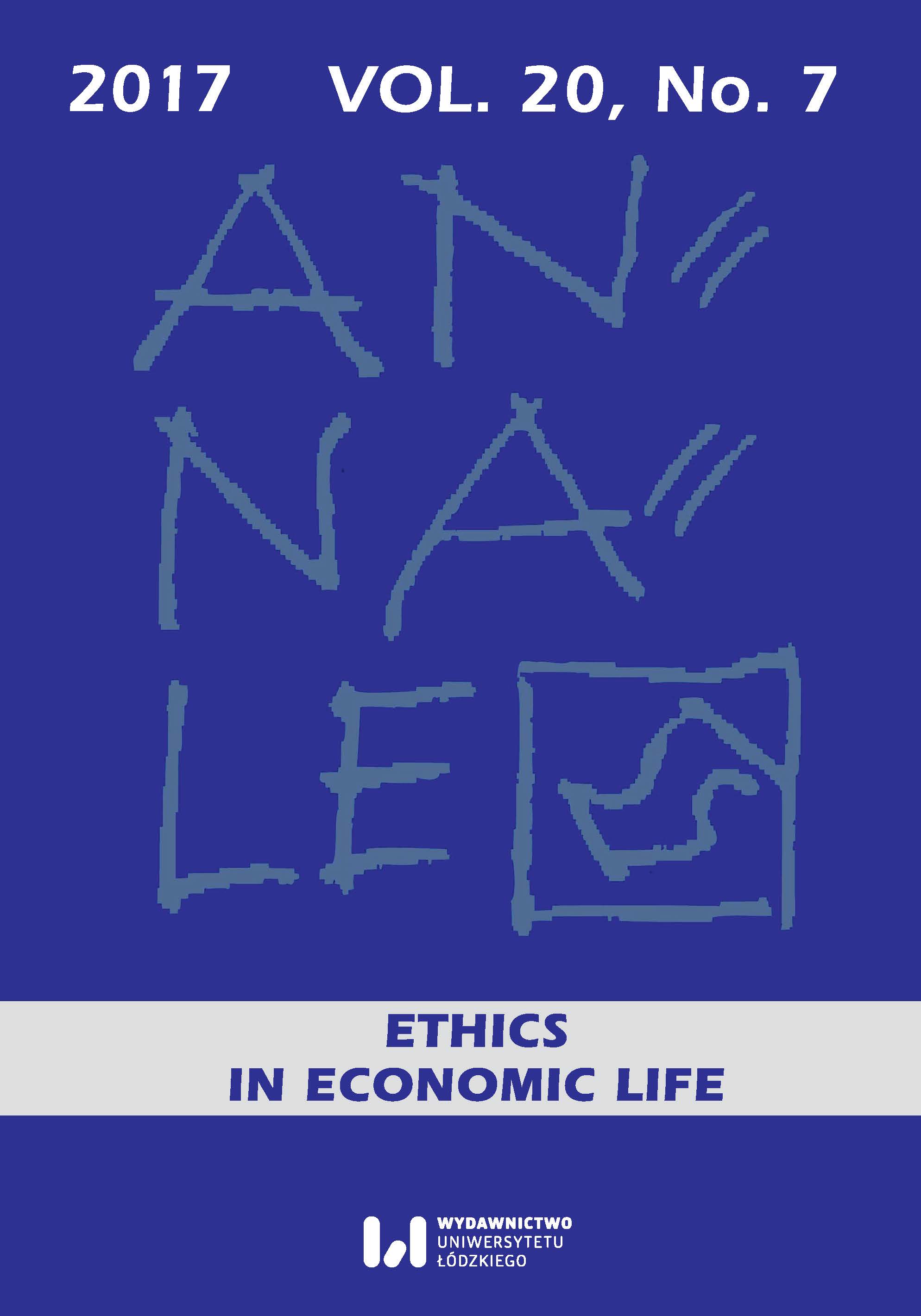Moral and ethical aspects of the Polish transition from communism in the enunciations of the Polish Episcopate
Moral and ethical aspects of the Polish transition from communism in the enunciations of the Polish Episcopate
Author(s): Marek DelongSubject(s): Business Ethics
Published by: Wydawnictwo Uniwersytetu Łódzkiego
Keywords: Polish Episcopate; ethics in economy
Summary/Abstract: The Polish Episcopate critically assessed the social and economic situation in Poland in the period of the transition from communism to democracy and a freemarket economy. Privatisation led to production being stopped and to an increase in unemployment. Profit and not human dignity became the measure of labour. The economic and social reality was dominated by the treatment of economics and financial success as of the highest values and the dissemination of the opinion that in politics and economics there are no values. The political elites showed an inability to develop long-term strategies for getting out of the crisis. The disappearance of the morality of many representatives of public life, which was manifested in universal corruption and the aspiration to improve social status as soon as possible, contributed to this state of affairs. As a result, there was a crisis of the idea of the common wealth and an increase in crime. The social crisis was particularly visible in moral attitudes, social behaviour, and in the economic sphere, public finance, on the labour market, and in the quickly progressing social stratification.
Journal: Annales. Etyka w Życiu Gospodarczym
- Issue Year: 20/2017
- Issue No: 7
- Page Range: 117-129
- Page Count: 13
- Language: English

